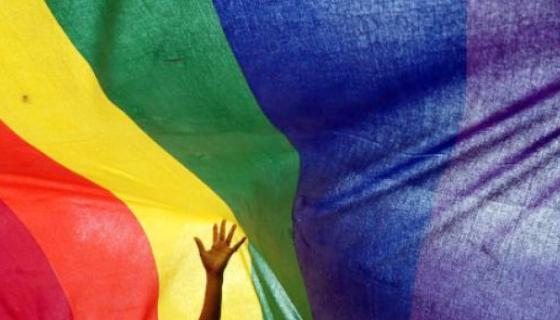In Zambia, like 38 countries across Africa, it is illegal to be lesbian, gay, bisexual, transgender and intersex (LGBTI). Increasingly, the law is being used to prosecute LGBTI people as well as the activists who advocate for LGBTI rights. For example, Zambian activist Paul Kasonkomona is currently on trial for speaking on television about the rights of gay people as part of his advocacy against HIV/AIDS while two other men, Philip Mubiana and James Mwape, are facing sodomy charges. “It’s a really tough situation.” says one LGBTI activist, “…. People are afraid to come out and be linked to our network, they are afraid of what might happen and of being imprisoned.” In Zimbabwe, long time activist and JASS partner, Martha Tholanah, has been charged with running an “unregistered” organization—Gays and Lesbians of Zimbabwe and will be going on trial in January. For several years, JASS has been speaking out and supporting GALZ members who have experienced harassment and violence at the hands of police because of their work.
Given this context, Dr Kaseba-Sata’s statement couldn’t have come at an opportune time. She is well-positioned to shift the national conversation about the rights of sexual minorities which has the potential to influence other countries across the continent. Some African countries’ leaders have tried to paint LGBTI as being against African culture to justify strident anti-homosexuality laws, going so far as push the death penalty for those found guilty, such as was the case of Uganda’s anti-gay bill. Meanwhile conservative religious and traditional leaders manipulate culture and tradition to fuel misunderstanding, stigma and even violence against members of the LGBTI community and activists.
Our different sexual orientation, our gender identity, these do not take away our Africanness nor do they take away our citizenship. Politicians, religious and traditional leaders speak about the un-Africanness of homosexuality to push an agenda of patriotism and nationalism. As GALZ, we believe in equality and justice which to me means we are part of civil society seeking social justice for marginalised people and groups.~ Fadzai Mandishona, GALZ
While the response to the first lady’s statements has been met with praise around the world, those on the frontlines of the struggle for the rights of sexual minorities are cautious about her statement of support for LGBTI rights.
Some of my comrades are being arrested for speaking on [LGBTI] rights. It feels like she hit the nail and then left it hanging. It’s not enough because the word on the street is nothing. There’s a difference between something that’s been said and being acted upon. What was said can be forgotten but if it’s acted upon, then we can have real impact. ~ LGBTI Activist, Zambia
Despite threats, harassment, imprisonment and violence, LGBTI activists are continuing to speak out and make their voices heard in innovative ways. LGBTI groups and activists are central to all of JASS Southern Africa’s agendas and partnerships. For example, Youth Vision Zambia (YVZ ) works with JASS to carve out safe conversation spaces—called insaka dialogues—which draw in LBT women and allow them to tackle “no-go” or taboo issues like sex and sexuality with other women. The space is structured in ways where personal reflection, open discussion and the sharing of experiences on a range of themes from coping with family rejection to security, safety, and healing are possible. These dialogues—also used in Zimbabwe and Malawi—are part of JASS Southern Africa’s Heart—Mind—Mind (HMB) Initiative which puts the wellbeing and safety of activists at the center of women’s political organizing strategies.
As we move from the initial excitement about the first lady speaking out on LGBTI rights, we are left with the question, what’s next? What will it take for those in power to sit at the table to formulate concrete policies and strategies that put these words into action? In the meantime, activists working with JASS and beyond continue to use media and community education strategies to change hearts and minds from the ground up.
Photo credit: Open Society Initiative for Southern Africa (OSISA)


























